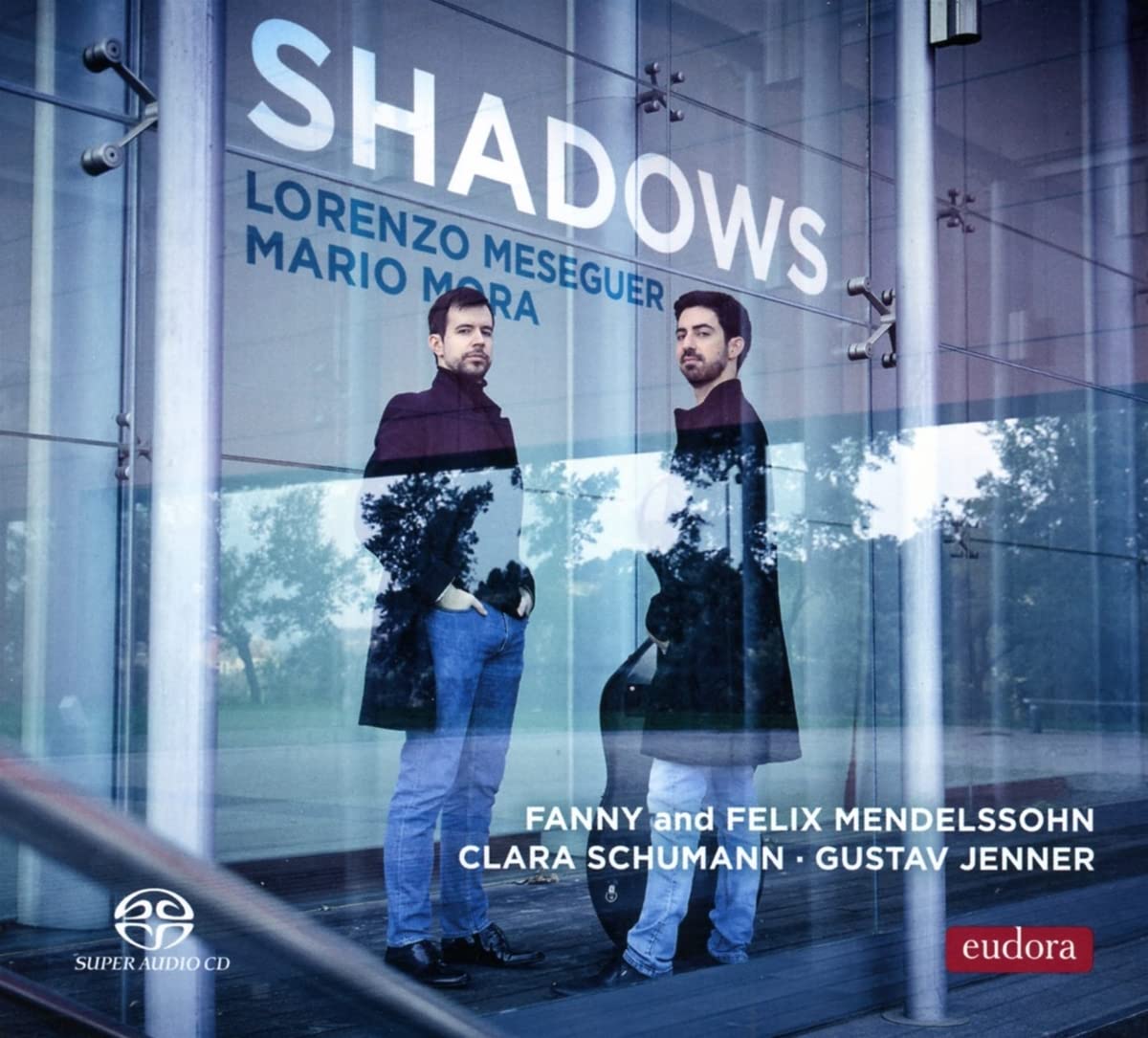 [Review] |
Claudio Monteverdi is a favorite composer, and there is no piece of his greater in my estimation than the Vespro della beata vergine. The Vespers of 1610, as the piece is sometimes known, has been reviewed in these pages many times, both in recordings and live. In other words, it would take a lot for me to be surprised by a new recording of this piece, but that is precisely what conductor Raphaël Pichon and his ensemble, Pygmalion, have done in their newly released recording.
 [Review] |
Lars Vogt delayed checking into a hospital in 2021 for further analysis of the cancer that would eventually take his life last September. Instead, he traveled to Bremen to make the first part of this double-album of Schubert's chamber music with Christian Tetzlaff and his sister Tanja Tetzlaff. In addition to the two numbered trios is the Notturno, a single slow movement possibly composed for and then removed from the first piano trio. Vogt wrote that it "feels a little bit like everything, at least in my life, has developed toward this Trio in E flat major.”
 [Review] |
Alexandre Tharaud has not visited Washington since 2015, and cellist Jean-Guihen Queyras was last here in 2017. The two esteemed French musicians have continued their long and fruitful collaboration in a striking new Baroque album, with delightful transcriptions of Marin Marais’s pièces de viole, originally for viola da gamba and continuo, for cello and piano. The performances, in the spirit of Baroque elaboration but taking full advantage of modern dynamic range and harmonic content, are delightful.
 [Review] |
One cannot have too many recordings of Josquin's cyclic Masses, at least not yet. The complete set by the Tallis Scholars remains hard to beat, but then along comes Gli Angeli Genève with this new release of a program centered on the elusive Renaissance composer's Missa Malheur me bat. The sound, recorded at the Eglise Saint-Germain in Geneva, is less aggressive than the Tallis Scholars, who recorded this Mass only about a decade ago: slightly smaller in number of voices, but also more intimate, more rarefied and refined.
 [Review] |
If you've heard of Locatelli, it is likely as part of a list of other 18th-century violinist-composers in the mold of Corelli and Vivaldi: one of those Italian -i names. At most, early music groups will include a Locatelli piece along with more famous composers in a program from time to time. So be prepared to be wowed when you take in the latest disc from Il Giardino Armonico and the mesmerizing violinist Isabelle Faust, which is devoted entirely to the works of this under-played composer.
 [Review] |
Marc-André Hamelin has made a name for himself by playing extremely difficult music with ease and musicality. The latest in the Canadian-born pianist's excellent series of deeply probing recitals of unusual music, all on the Hyperion label, is devoted to Gabriel Fauré, specifically to all thirteen of the French composer's Nocturnes and all thirteen of his Barcarolles. Solidifying the qualifications of this double-CD set as the best to own is the addition of a lovely rendition of Fauré's Dolly Suite, with Hamelin's wife, Cathy Fuller, on the primo part.

Follow me on Threads (@ionarts_dc)
for more classical music and opera news





